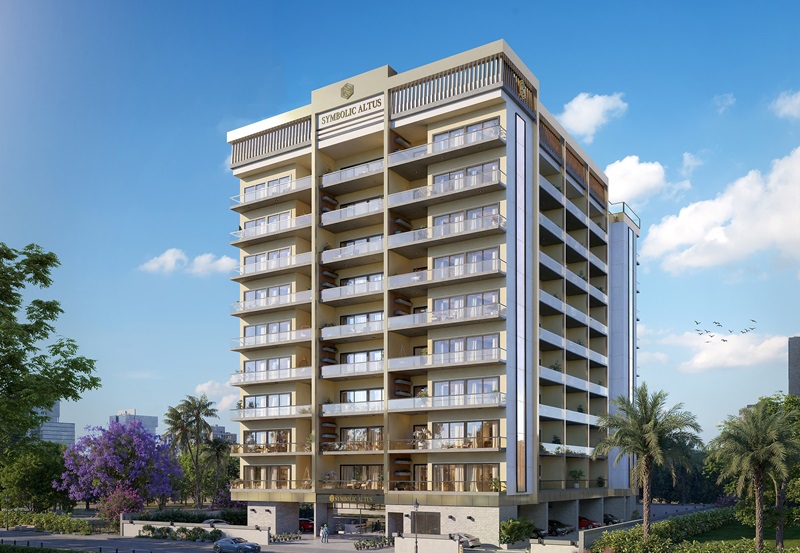
Community Mangers are currently seeing an increase in the cost of maintenance and repair of assets. This is not due to a price hike, but because works were simply deferred because of global price sensitivity during and post COVID-19.
As the global economy recovers, homeowners and managers are realising that cutting costs without proper evaluation results in problems that must be addressed in years to come, often at a higher cost.
The automobile industry has many such examples from the 2000s, when relentless cost cutting resulted in a fixing that costed much more. More haunting outcomes of the emphasis-on-cost had come to surface after two airplanes crashed less than five months apart.
A similar tragedy occurred when the owners of a high-rise building in Florida did not act boldly to increase service charge deferring essential maintenance for a few years which sadly resulted in the collapse of the property resulting in loss of many precious lives.
Unsubstantiated cost cutting will only result in long-term harm to real estate assets and the image of Dubai. Being over obsessed with cost without regard to its long-term consequences is a dangerous trend, which I am happy to observe the community management industry is quickly moving away from.
Dubai is known for a quality and luxury lifestyle, and management companies must realign their operational strategies accordingly.
The recent launch of the Building Classification Survey (BCS) by the Dubai Land Department has real potential to further expand to include ratings based on the financial stability of the building, health, and safety standards, energy efficiency and sustainability.
It is surprising that potential homeowners and investors still do not have access to, neither do they ask for financial and operational records of the communities they want to invest in. This information should form an essential part of the decision-making matrix. Expect more awareness in this area.
Communities with good finances, reserves, health and safety standards will be able to maximise their selling and leasing values. Reserve fund planning will also become all the way more important.
Collecting adequate funds alone will not be enough, investing them in approved and safe instruments will be the next challenge for Community Managers. It must be ensured that money does not simply depreciate sitting idle in the banks. It must earn a return to not only counter inflation but grow and reduce burden on the owners.
Real estate sector, particularly commercial property market, continues to be saturated with supply, putting downward pressure on the rents, and consequently, the sales prices. The situation will continue to be challenging for commercial real estate due to the changing dynamics of workplace culture and requirements.
Remote work and cloud infrastructure, which was already gaining popularity even before the pandemic, received exponential growth in acceptance. As companies become used to remote work, and resources in the cloud, demand for a brick-and-mortar offices will not completely cease, but change tremendously. Smaller, smarter, and efficient offices will resonate more with the changing trends.
How flexible and creative regulators are with putting to use excessive commercial real estate in the changing environment will significantly affect values, returns, and ultimately the ability and motivation of investors to pay the service charges. The changing environment and remote culture are a big area of concern for commercial real estate.
The market is maturing towards responsible property ownership and defaulters will face strict actions. Many people benefitted from the blanket amnesty provided by regulators with respect to penalties and foreclosures. This did not provide an opportunity to assess the merits of individual cases. Many who had not paid their dues in time, long before the pandemic, took shield in the COVID19.
This is expected to change in 2022. Any property owner claiming leniency due to economic hardship will most likely have to prove their case — that they had been responsible with the payment obligations before the hardship. An owner cannot be expected to claim lenience based on economic hardship on one hand and continue to purchase more properties on the other hand.
The author, Waqar Hasan, is the CEO of Itihad Community Management and author of the book ‘A Practical Guide to Community Management in Dubai’.
Waqar Hasan Itihad Community Management A Practical Guide to Community Management in Dubai







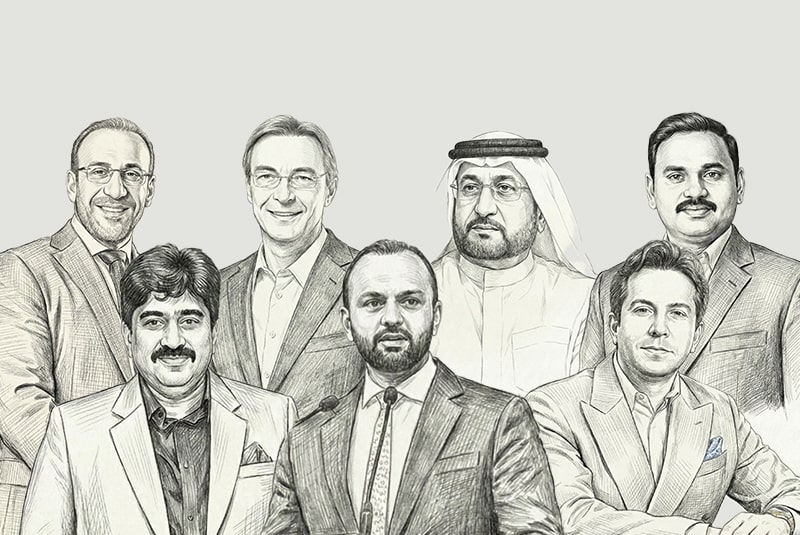
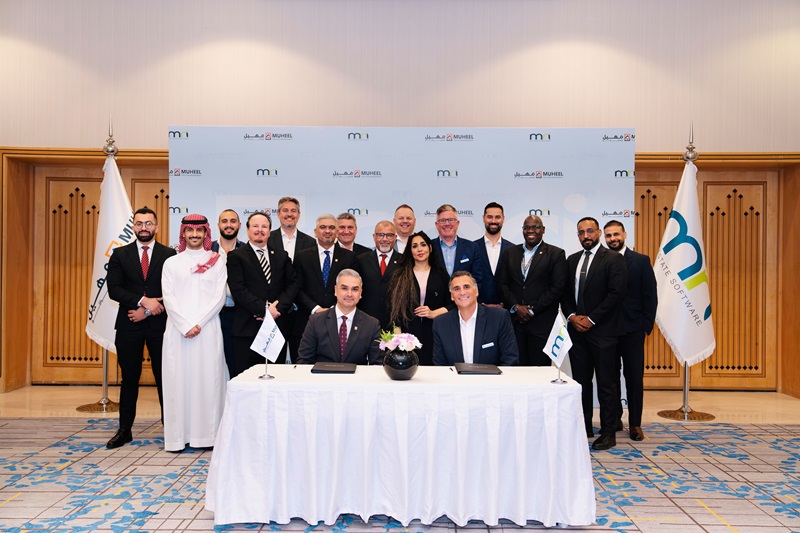
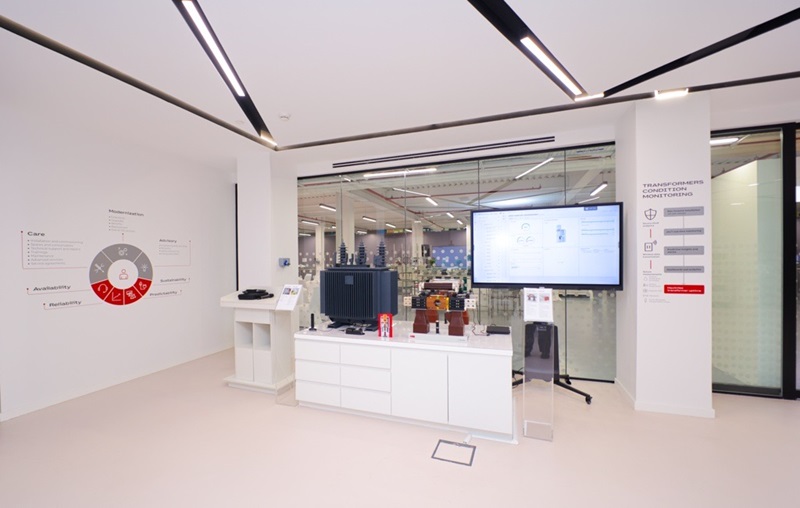

.jpg)
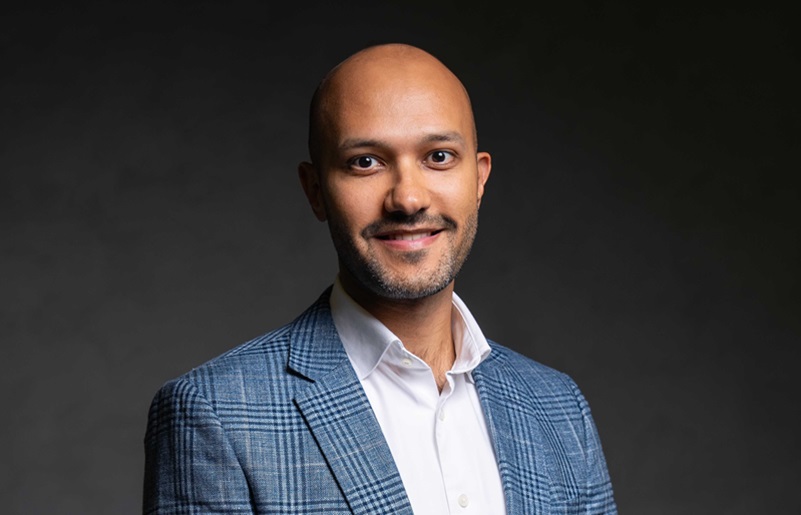

.jpg)
